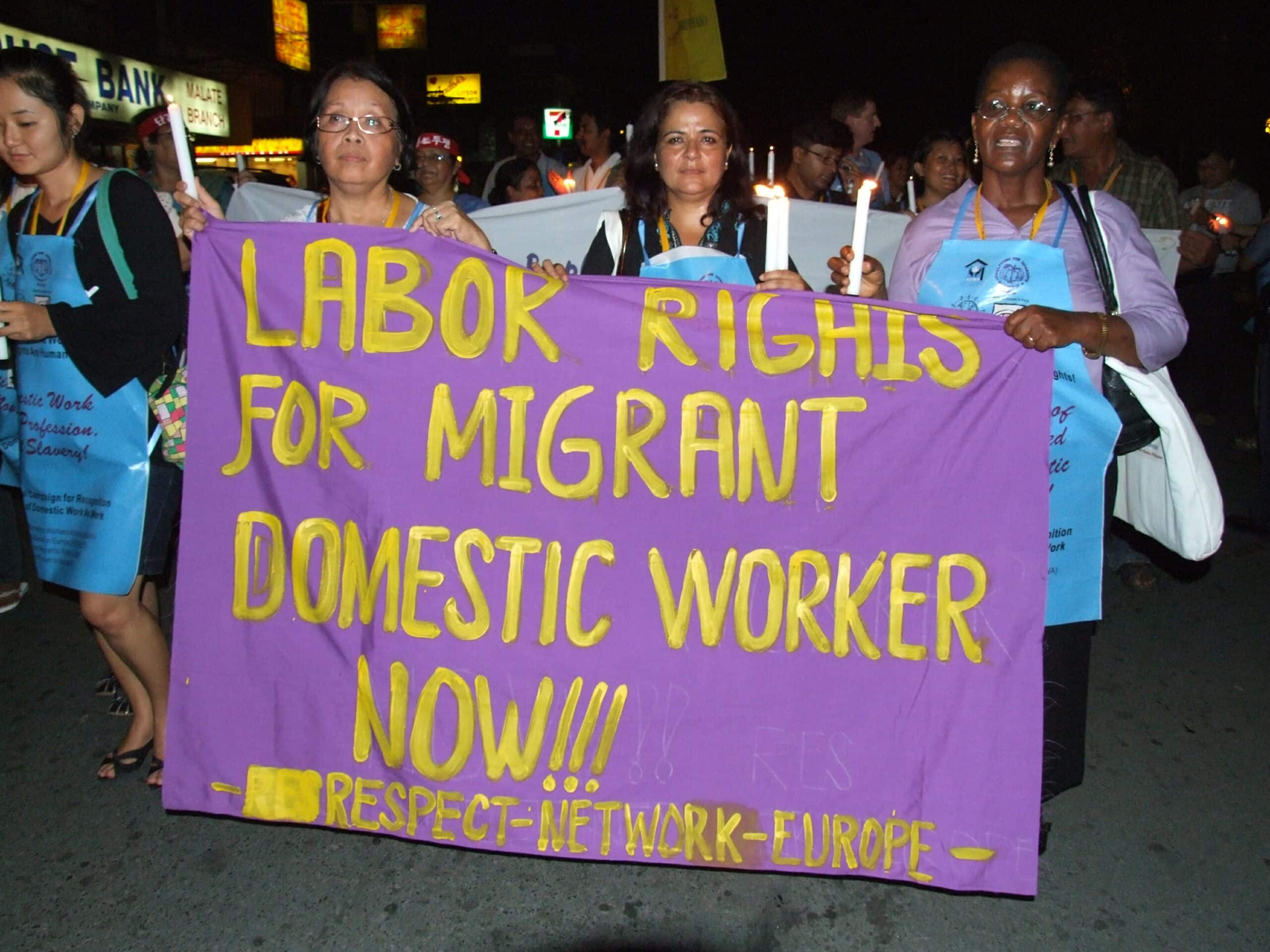Rights of Domestic Workers

The Ministry of Labour and Employment has made significant strides in supporting unorganized workers in India with the launch of the eShram portal. Initiated on August 26, 2021, this platform serves as a national database for unorganized workers, including domestic workers, and is linked to Aadhaar for verification. As of July 16, 2025, over 30.94 crore workers have registered on the portal. In line with the 2024-25 budget vision, the ministry introduced the eShram “One-Stop-Solution” on October 21, 2024, which integrates various social security schemes to streamline access for these workers.
eShram Portal: A Comprehensive Database
The eShram portal was designed to create a comprehensive database of unorganized workers across India. This initiative allows workers to register and obtain a Universal Account Number (UAN) based on self-declaration. The platform aims to empower unorganized workers by providing them with access to various benefits and services. The registration process is facilitated by state and union territory governments, ensuring that workers from diverse backgrounds, including domestic workers, can easily enroll. The portal’s user-friendly interface is intended to simplify the registration process and enhance the accessibility of social security schemes.
As of mid-July 2025, the eShram portal has successfully registered over 30.94 crore unorganized workers. This remarkable achievement underscores the government’s commitment to supporting this vital segment of the workforce. By creating a centralized database, the eShram portal not only helps in tracking the number of unorganized workers but also aids in the effective implementation of welfare schemes tailored to their needs.
Integration of Social Security Schemes
On October 21, 2024, the Ministry of Labour and Employment launched the eShram “One-Stop-Solution,” which integrates various social security and welfare schemes into a single platform. This initiative is part of the government’s broader vision to provide unorganized workers with easier access to essential services. The integration includes 14 different schemes from various central ministries and departments, such as the Pradhan Mantri Street Vendors Atmanirbhar Nidhi (PM-SVANidhi) and the Mahatma Gandhi National Rural Employment Guarantee Act (MGNREGA).
The eShram portal now allows registered workers to view the benefits they have availed of from these schemes. This transparency is crucial for ensuring that workers can access the support they need without unnecessary bureaucratic hurdles. By consolidating these services, the government aims to create a more efficient system that addresses the unique challenges faced by unorganized workers, particularly in the wake of economic disruptions.
Legislative Framework for Worker Protection
The newly enacted Labour Codes, including the Code on Wages, 2019, and the Social Security Code, 2020, provide a robust framework for protecting the rights of all workers, including those in the unorganized sector. These codes establish standards for decent working conditions, fair wages, and social security benefits. They also introduce mechanisms for grievance redressal, ensuring that workers have avenues to address their concerns.
To combat the exploitation of domestic workers, various laws are in place, such as the Unorganised Workers’ Social Security Act, 2008, and the Minimum Wages Act, 1948. These regulations aim to safeguard the rights of workers and ensure they receive fair treatment. The government has also advised state and union territory administrations to regulate private placement agencies, which often play a role in the employment of domestic workers. This regulatory framework is essential for protecting workers from exploitation and ensuring compliance with labor laws.
International Standards and Future Directions
Despite the advancements in domestic worker protections, India has not yet ratified the International Labour Organization (ILO) Convention No. 189 concerning domestic workers. The government maintains that it will only ratify conventions when it is confident that national laws and practices align with international standards. This cautious approach reflects the government’s commitment to ensuring that domestic labor laws are robust and effective before committing to international agreements.
The Minister of State for Labour and Employment, Shobha Karandlaje, provided this information in a written response to a question in the Lok Sabha. The ongoing efforts to enhance the welfare of unorganized workers through initiatives like the eShram portal and the integration of social security schemes demonstrate the government’s dedication to improving the lives of millions of workers across the country. As these initiatives evolve, they hold the potential to significantly impact the livelihoods and rights of unorganized workers in India.
Observer Voice is the one stop site for National, International news, Sports, Editor’s Choice, Art/culture contents, Quotes and much more. We also cover historical contents. Historical contents includes World History, Indian History, and what happened today. The website also covers Entertainment across the India and World.
Follow Us on Twitter, Instagram, Facebook, & LinkedIn

